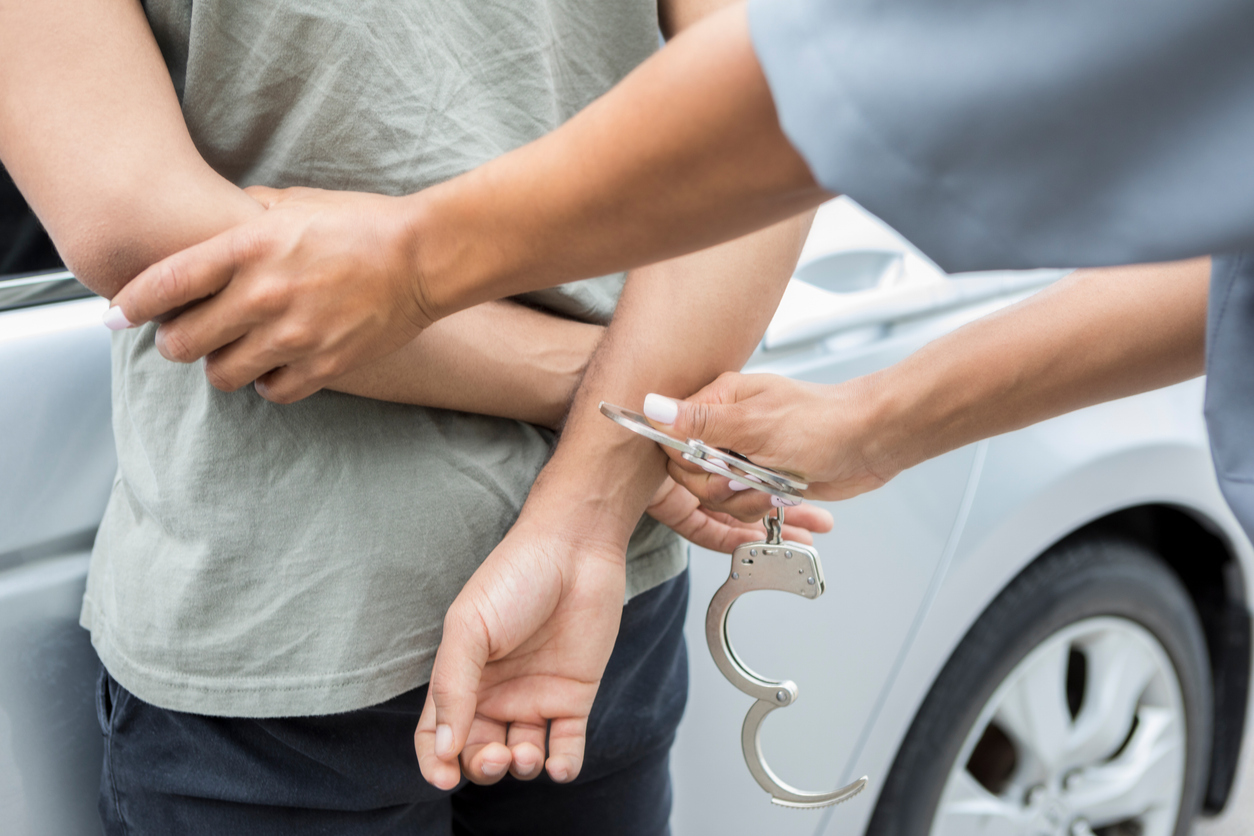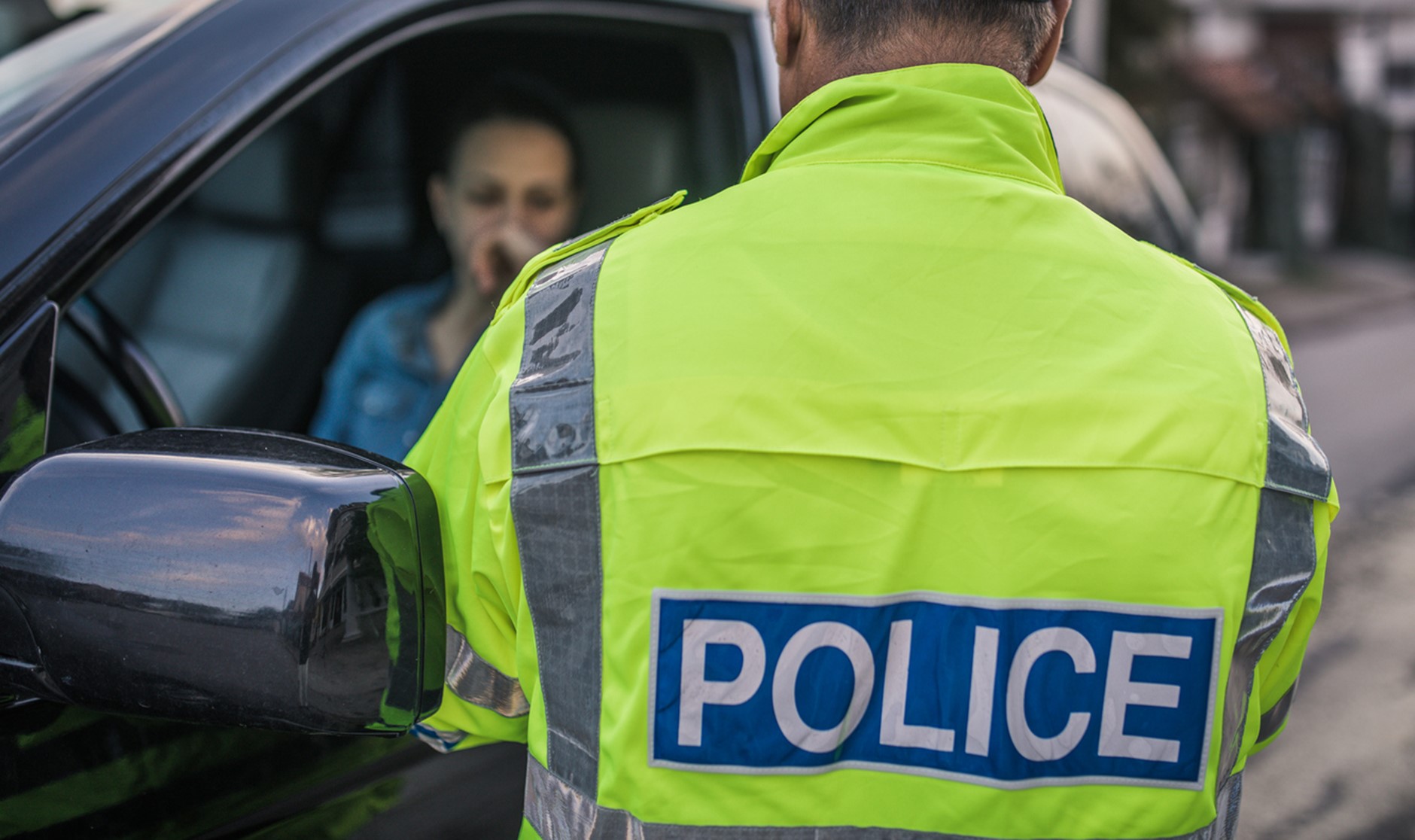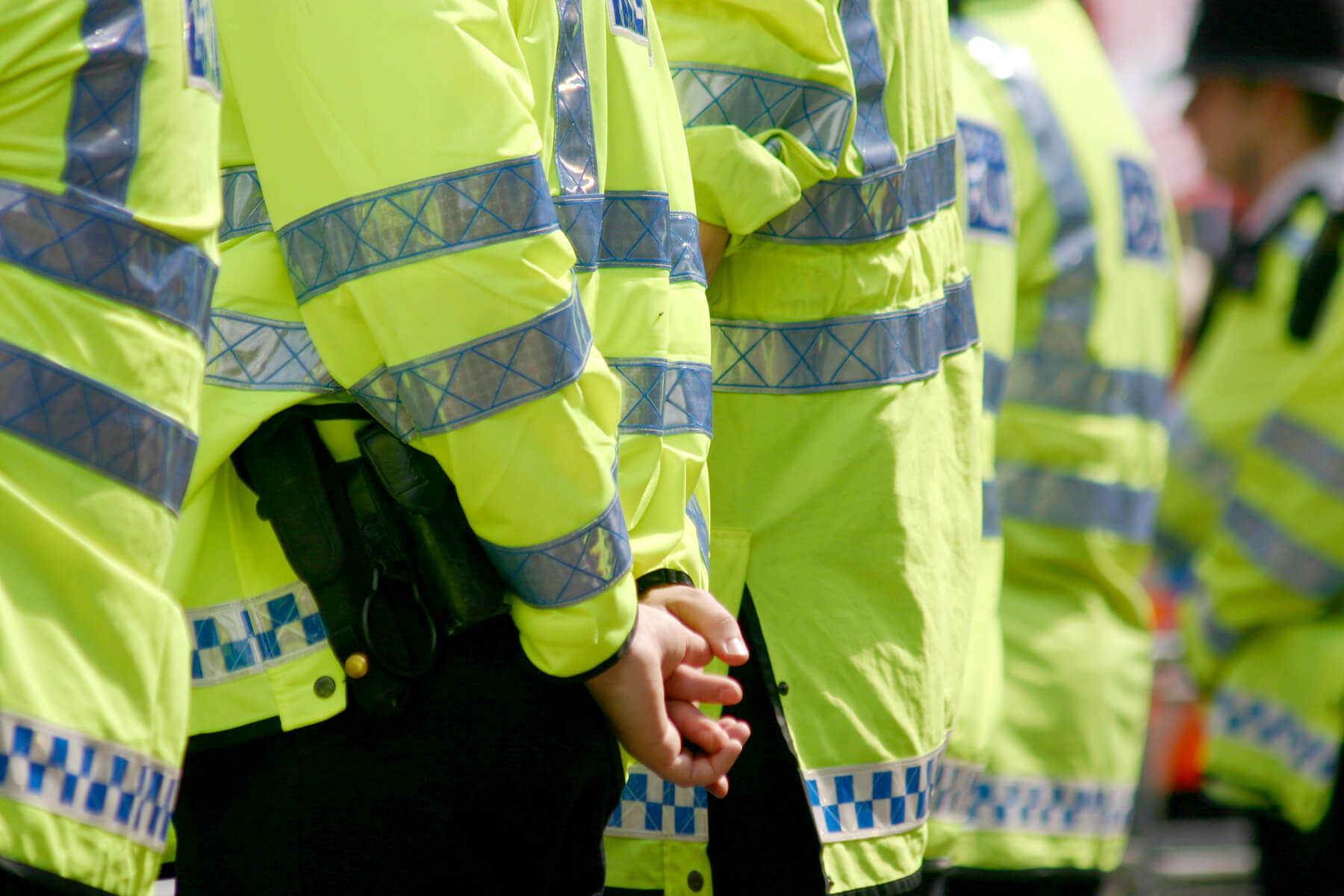If stopped by police do you have to get out of your car
If stopped by police do you have to get out of your car
The police have certain powers to help them protect the general public and ensure order. One is the power to pull over vehicles if they suspect someone of committing motoring offences, driving under the influence, or if they feel someone has prohibited items in their vehicle.
The sight of blue flashing lights while you’re driving and a police car signalling you to pull over can be a nerve-wracking experience. In this instance, you may panic and not think clearly about your rights. It is important to remember that police powers only extend so far, and they must follow set rules to ensure their actions are lawful.
To help ensure you understand your rights when pulled over by police, we have put together this article answering the question, “If stopped by police do you have to get out of your car?”. We also provide detailed information on when police can pull you over, what happens when police pull you over, your rights when getting pulled over and how you can make a claim if you are unlawfully pulled over and searched.
When can the police pull someone over?
The police possess a wide range of powers to stop vehicles under the Road Traffic Act 1988 and are allowed to stop vehicles “for any reason”.
A police officer can ask someone to pull over and stop driving their car without a specific reason, but if they want to search you and your vehicle, they must have reasonable grounds to do so. In England and Wales, under PACE, in order to search your vehicle, they must have reasonable grounds to suspect you of having certain items on your person or in your car, such as:
- Drugs
- Weapons
- Firearms
- Stolen property
- Items for use in a theft/burglary
If a violent incident has occurred or is anticipated in the area, an order may be issued by police which gives them the power to stop and search anyone in the area for weapons. In this instance, they do not need reasonable grounds to suspect the person might have a weapon on them.
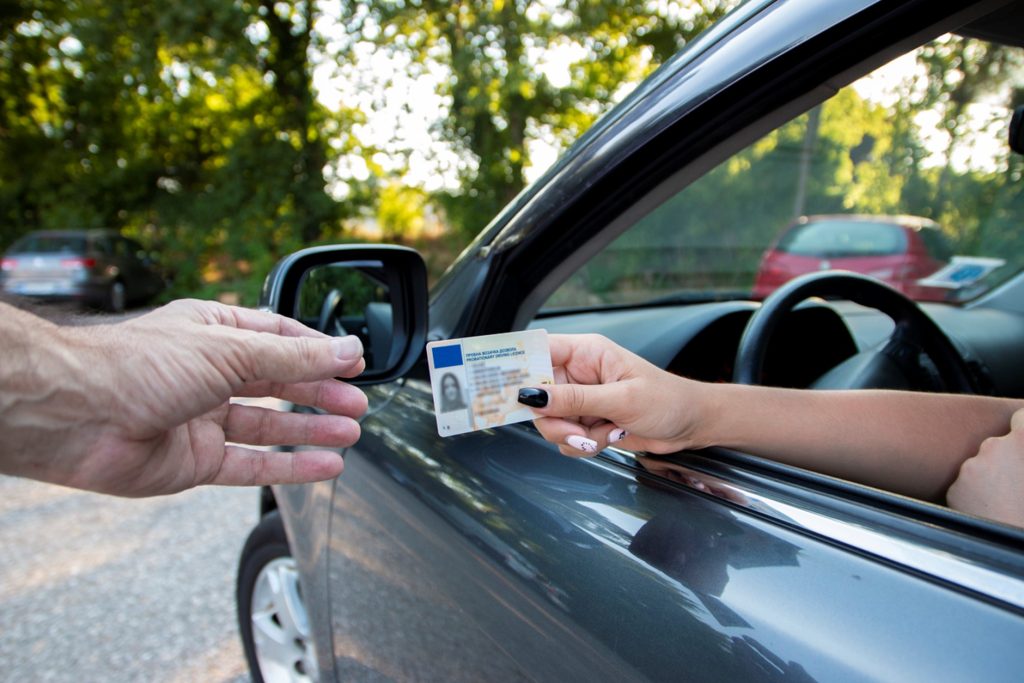
What happens when a police car pulls you over?
If a police car wants you to pull over, they’ll usually flash their blue lights and maybe start their siren. They will then likely use their left-hand indicator to signal that you need to pull over. If a police car asks you to pull over, you must stop when it’s safe to do so. Once pulled over, remain seated in the car with your hands visible on the wheel and wait for the police officer to approach you.
Police may ask to see your:
- Driving licence
- Insurance certificate
- MOT certificate
If you don’t have these documents with you, you have 7 days to take them to a police station. If you do not do so, you’ll be breaking the law.
Once you have been pulled over by police, officers can use the stop and search powers under section 1 of the Police and Criminal Evidence Act 1984 (PACE) if they have reasonable grounds to suspect they will find prohibited or stolen items on the driver or inside the vehicle. If a police officer wants to search you or your vehicle, they must tell you that you are being stopped for a search and provide you with the following information:
- The reason why you are being searched
- What they are looking for
- Their name
- The police station they work from
- What legal power of search they are using
- Your right to have a record of the search
Police may also ask you to take a breathalyser test if the suspect you have been drink driving. Refusing to take a breathalyser test when asked to do so by police is an offence and can result in a £1000 fine and four penalty points.
The police can also give you an on-the-spot fixed penalty if you’ve committed a minor motoring offence.

If stopped by police, do you have to get out of the car?
After coming to a stop in a safe place, you need to stay inside your vehicle. The police officer will come to you, so there is no need to get out. There is no legal obligation for someone to step outside their car or turn off their car when pulled over by police. You are not obligated to get out of the vehicle unless police have a legitimate legal basis for requiring you to do so, such as:
- When an officer is making a lawful arrest.
- If the police intend to search your vehicle and have reasonable grounds to do so, and have explained to you the reason why.
- If police need to conduct a ‘Field Impairment Test’ to see whether you are under the influence of alcohol or drugs, police must have reasonable suspicion to suspect you are under the influence to conduct this test.
- They intend to seize your vehicle due to a reasonable belief that it is either not roadworthy, is being driven in an antisocial manner, or you do not have a valid MOT, licence or car insurance.
Your rights when pulled over by the police
Although police officers do not need to have a specific reason to stop your car or pull you over to escalate this to a stop and search, they must have ‘reasonable grounds’ to do so and follow the stop and search rules laid out in PACE. If officers do not pass the ‘reasonable suspicion’ test and do not follow the rules, this could be classed as unlawful, and you could be entitled to claim compensation.
Officers must respect your rights under the Equality Act 2010, which means you cannot be stopped by police solely based on your race, age, sex, religion, faith, sexual orientation, gender reassignment or disability.
There has been a lot of controversy over the years around police stop and searches unfairly targeting those from ethnic minority backgrounds. Research from HMIC in 2015 showed that people from ethnic minority backgrounds were more likely to be subject to a traffic stop than white people. However, they are less likely to be arrested, given a fixed penalty notice, issued with a summons or informed of an intended prosecution. This, therefore, suggests that those from ethnic minority backgrounds are more likely to be stopped by police for no reason.
In 2020, the high-profile case of Team GB sprinter Biana Williams and her partner, Olympic sprinter, Ricardo Dos Santos, caused widespread outrage after they were pulled over by police and forcefully stopped and searched by police. Both were handcuffed in front of their three-month-old son.
The officers found nothing during their search, and the couple publicly accused the Metropolitan Police of racism over the incident, which led to a misconduct investigation by the Independent Office for Police Conduct (IOPC). In October 2023, two of the police officers were sacked after being found guilty of gross misconduct for lying about smelling cannabis in order to conduct the stop and search.
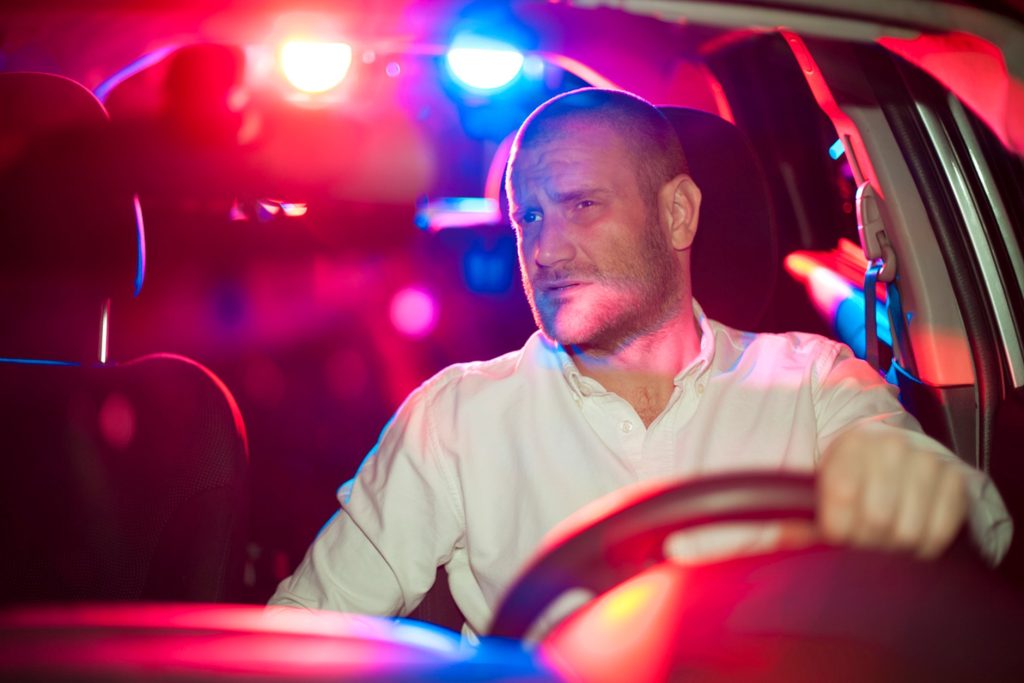
In the UK, black people are four times more likely to be subject to stop and searches than white people. This rises to 11 times when the requirement of ‘reasonable grounds’ is removed under section 60. The Williams/Dos Santos case highlights the racial disparity when it comes to police stops and searches, and why many accuse the police of being institutionally racist. It is so important to understand your stop and search rights.
When can it become unlawful for police to pull you over
If any of the above-outlined guidelines are not complied with, this could make the stop and search unlawful. If you feel you have been unfairly targeted by police or discriminated against due to a characteristic like your race, age, sex or religion, or you feel police did not have reasonable grounds to stop and search you or your vehicle, you could be entitled to claim compensation.
What if I’m pulled over by an unmarked police car?
Unmarked police cars can still pull people over. However, the officers must be wearing a uniform to legally carry out a stop. If you are concerned about the unmarked police car being genuine, it is advised that you drive to the nearest police station or public place, such as a petrol station. Once pulled over, keep your doors locked and windows up until you get a good look at the police officer and ensure they’re wearing a uniform. If you’re still unsure, ask to see their warrant card.
Read more about stopping for unmarked police cars here.
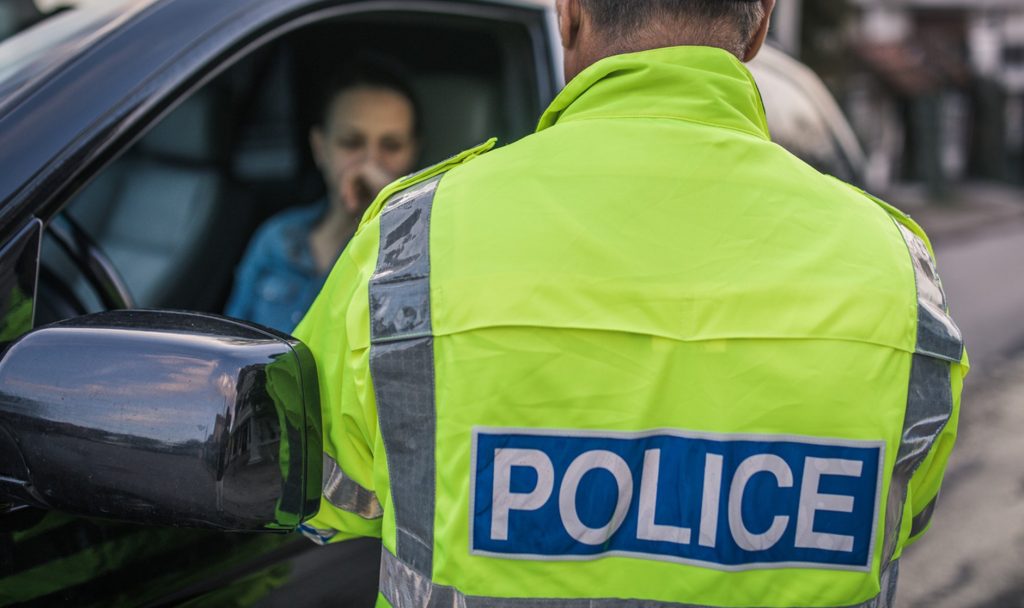
What to do if you have been pulled over by police unlawfully
You can make a complaint to the relevant police force within one year of the incident if you wish to have the incident investigated. This complaint should be in writing, detailing the incident/allegation, the name of the officer(s) involved, and your full name and contact information. There is a useful form on the IOPC website which you can follow if submitted through the IOPC; they will refer it to the relevant police force for investigation, or you can complain to the police force directly.
You can also file a civil claim against the police if you wish to gain compensation for the ordeal you have suffered. It is best to instruct a specialist action against the police solicitor to help with this, as these claims are highly contested by the police, and a solicitor will be able to provide you with a better chance of making a successful claim. The police claim solicitors will communicate with the police force on your behalf and know how to navigate the relevant laws and regulations to ensure you get the highest award possible.
HNK Solicitors can help with your action against the police claim
HNK Solicitors have a team of dedicated action against the police solicitors with many years of experience helping clients make successful claims against all police forces within England and Wales. Our solicitors have recently obtained over £60,000 for a client who was unlawfully stopped and searched after an officer unfairly claimed they suspected them of dealing drugs.
We can operate on a no-win, no-fee basis, which means you don’t have to pay a penny upfront to start your claim. We even offer free consultations to discuss the details of the allegation and your claim so we can advise you on whether or not we feel you have a viable claim and what the best next steps are. If you feel you have been unlawfully stopped and searched by police, have been discriminated against or faced any form of misconduct by police, get in touch with our team today.
Contact us on 0151 668 0814, enquiries@hnksolicitors.com or fill in our online claim form to get started on your claim right away!


